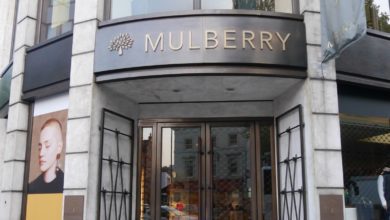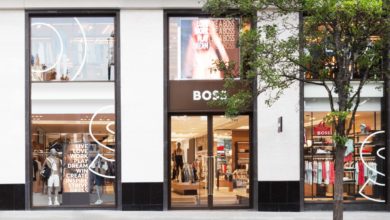CommentCoronavirus Featured Content
Twin peaks: it’s a time of peak purchasing, but not as we know it

Purchasing in the time of Covid-19 is fuelled far more by necessity than luxury, and it’s an unprecedented peak the retail industry is rapidly trying to adjust to. These aren’t indulgent puddings to follow your Christmas spread, or a fun new gadget you’ve treated yourself to because the Black Friday discounts were too good to miss.
You'll need to
subscribe to unlock this content. Already subscribed? Login?







